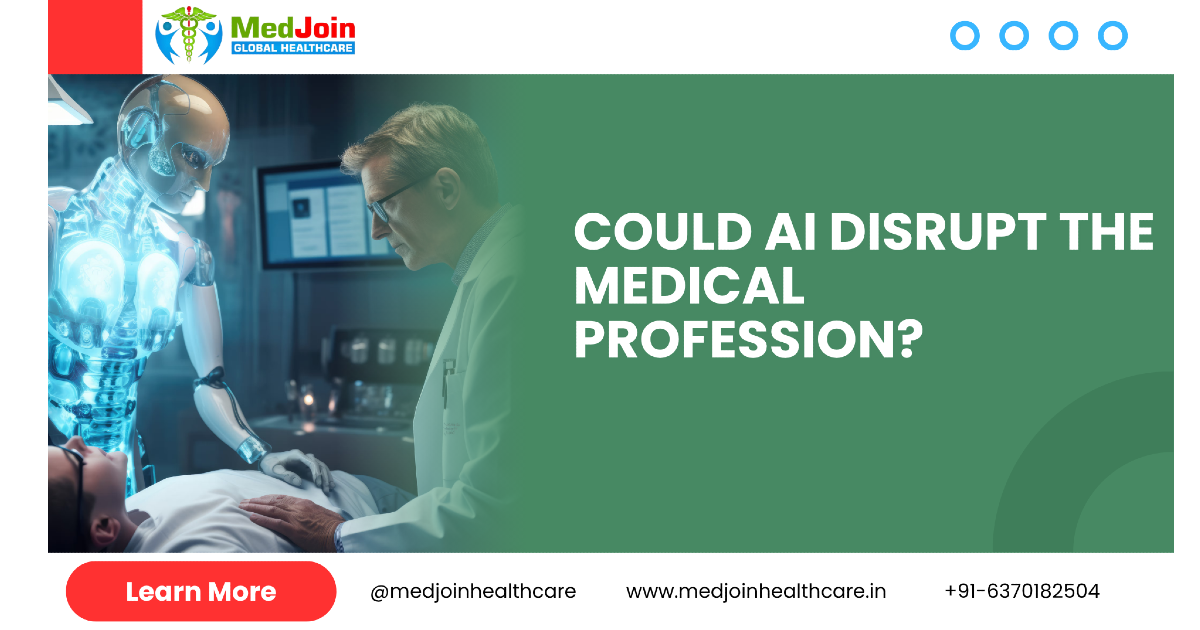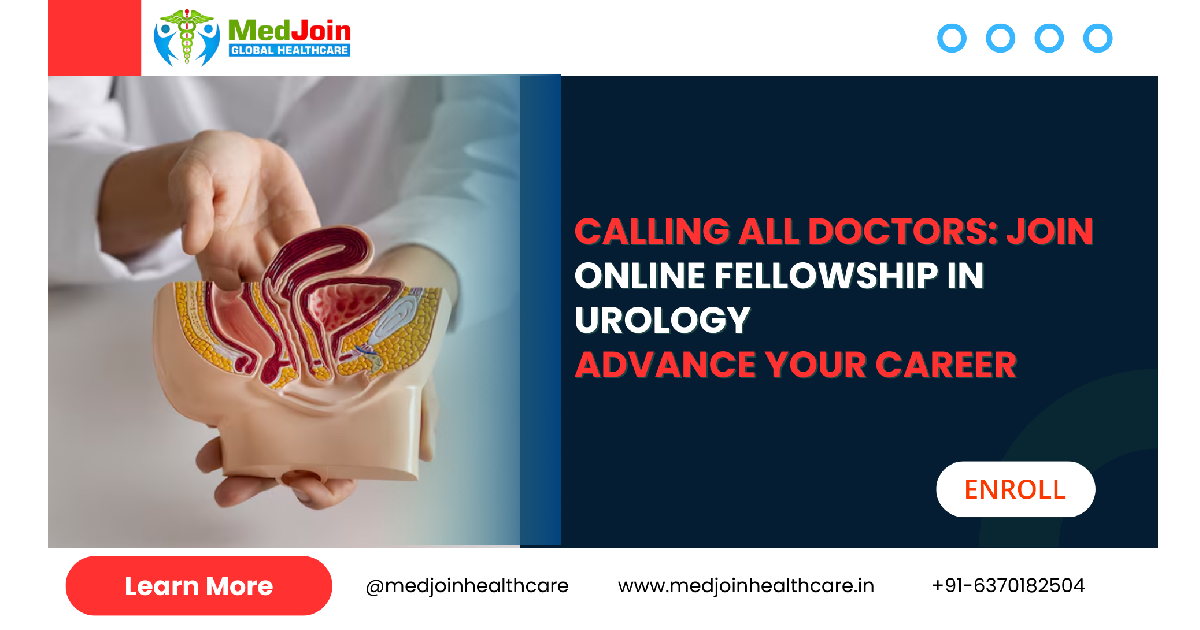
In 2025, artificial intelligence has transcended its sci-fi origins and is now a formidable force in healthcare. A recent post on X by Elon Musk—"AI is already better than most doctors. That’s the honest truth. And it will become far better. Same for all jobs tbh, including mine"—has ignited a heated debate about the future of the medical profession.
Source : - Times Now
AI’s Accelerating Role in Medicine
Patient Empowerment: Musk's comment came in response to a cancer survivor who credited ChatGPT for empowering her to make better-informed treatment decisions than her doctors. This highlights how AI is evolving into a trusted medical advisor rather than just a tool.
Source :- Times Now
Surgical Milestones: Around the same period, Musk predicted that AI-powered robots would surpass good human surgeons in just a few years and even the best surgeons in about five years. He pointed to Neuralink’s reliance on robotic precision for brain-computer interface electrode insertion and praised Medtronic’s Hugo robotic system, which achieved a 98.5% success rate across 137 urological surgeries—well above the typical 85% benchmark..
Source : - Business Standard || www.ndtv.com || ascnews.com
Voices of Caution from Medical Professionals
Healthcare experts have pushed back against Musk’s bold forecasts:
A neurosurgeon on X emphasized that "no 'robot' surgeon can EVER autonomously perform brain and spine surgery. There are too many variables requiring critical thinking.
Source :- The Economic Times
Another surgeon stressed that while robots may excel at repetitive, well-defined tasks, medicine often deals with unpredictability that demands human empathy, adaptability, and ethical insight—not just precision.
Source :- The Economic Times
The technological reality remains that current robotic systems operate under human control, serving as enhanced tools rather than independent.
At the same time, Demis Hassabis, CEO of Google DeepMind, offers a more balanced outlook. He acknowledges that AI could replace doctors in certain diagnostic roles but stresses that professions rooted in empathy, creativity, and human connection—such as nursing—remain uniquely human. Hassabis envisions a collaborative future where AI handles data-heavy, analytical tasks while healthcare professionals focus on emotional intelligence, ethical judgment, and leadership.
For decades, the healthcare sector has been anchored in the expertise and judgment of human physicians. But the rise of AI tools like ChatGPT is shifting this dynamic. OpenAI illustrated this through the story of a cancer survivor who used ChatGPT to advocate for herself, challenge her doctors’ recommendations, and ultimately make more informed treatment decisions. This example underscores a growing trend: patients now use AI not just for information but as a tool to question and engage with their doctors—something that is beginning to unsettle many in the medical community.
Traditionally, physicians have been cautious when patients arrive with self-diagnoses from the internet. The introduction of AI raises the stakes further. Armed with AI-generated data, patients may show more skepticism toward medical advice, increasing the pressure on doctors.
Dr. Park, an experienced clinician, admits that—for the first time in his career—he feels the future of the profession is under threat. His patients now arrive with highly specific, nuanced questions, reflecting detailed knowledge gained from AI chatbots. One patient even asked about the exact incidence rate of retinal detachment in the U.S.—a statistic the patient already knew from AI. This placed Dr. Park in what he described as “the hot seat,” with his competence tested on the spot. He notes that patients are increasingly using AI to evaluate a doctor’s expertise. For physicians who have not kept up with rapid medical advances, this level of scrutiny can be daunting.
While a knowledge gap does not necessarily mean poor care, perceived expertise is becoming critical to maintaining patient trust. And trust—long the foundation of effective healthcare—is now at risk. With AI offering instant, precise medical facts, patients are beginning to question the value of in-person consultations. This shift raises the bar for physicians, prompting patients to ask: What unique expertise or empathy does my doctor offer that AI cannot?
This is a turning point for the profession. Staying relevant will require more than clinical skill—it will demand digital fluency, the ability to critically assess AI-generated insights, and the emotional intelligence to address patients’ deeper concerns. The doctor of the future must be both a healer and an interpreter of AI, guiding patients through technology’s benefits and limitations.
Across industries, technology leaders have shared similar warnings. Elon Musk has bluntly stated that AI will surpass human capabilities in many professions, including medicine. While AI may take over diagnostic and data-driven roles, Musk and Hassabis both agree that human skills—empathy, ethical reasoning, and leadership—will remain essential.
The most likely future is one where AI augments rather than replaces doctors, enhancing their ability to deliver patient-centred care. To thrive, medical education must evolve—embedding AI literacy, data interpretation, and humanistic skills into training. Physicians who embrace AI as a partner will maintain their indispensability. Those who resist risk becoming obsolete in a world where instant, AI-powered answers are just a voice command away.
Closing Thoughts
Elon Musk’s provocative assertion—“AI is already better than most doctors”—serves as both a challenge and a wake-up call for the medical community. Whether AI eventually surpasses human doctors or reshapes their role entirely, the wave of change is undeniable.
To stay relevant, medical professionals must embrace AI as an ally—not a rival—and commit to adapting, learning, and upholding ethics and empathy in a rapidly changing world.






